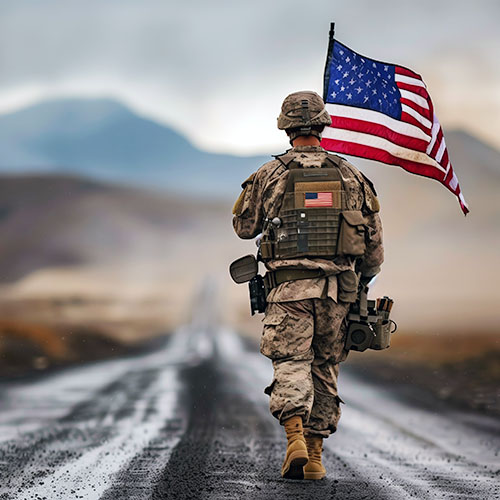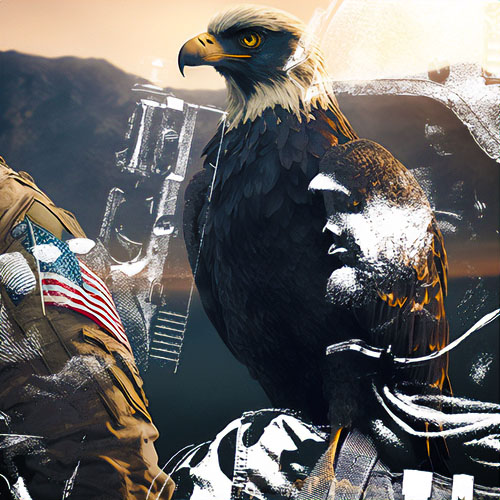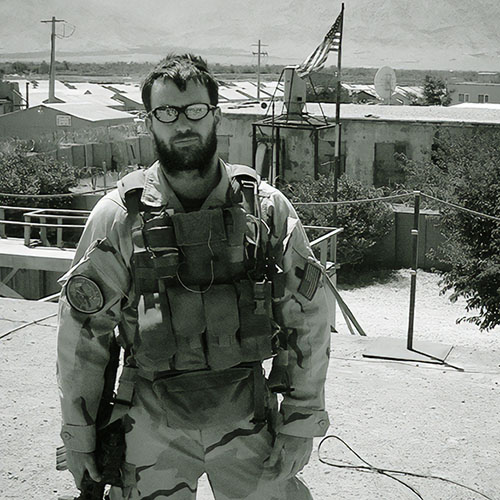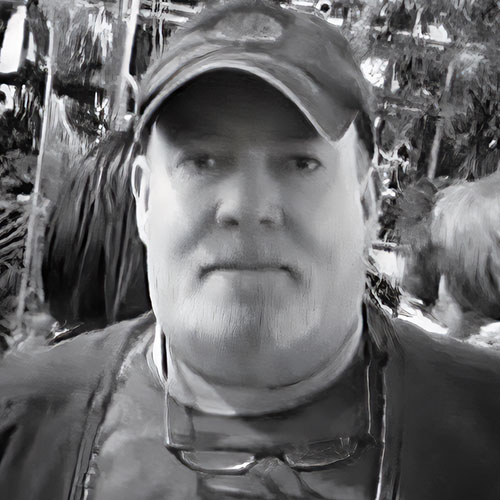Amid roaring waves, veterans find solace in surfing and make peace with the past.
SEA CHANGE: Hope for the Veteran Surf
The spring after I got home from Iraq, I lay on a surfboard for the first time. Some fellow lieutenants and I had signed up for a group lesson for a friend’s birthday. All I remember of that misty day in Carlsbad, Calif., is plunging into the ocean and getting my sinuses clogged with seawater. I didn’t stand up even once. But my comrades and I were a stubborn lot, and several of us kept at it, making surfing — or more accurately, attempted surfing — a Saturday-morning ritual for much of the following year.
I’d lock my glasses in my car — a risky move since I’m extremely nearsighted and hadn’t yet been fitted for contacts — and stumble barefoot onto the sand. A foam beginner’s longboard formed a giant sail as I carried it down the beach. I’d battle the waves past the break. When I turned toward the shore and looked over my shoulder, I wasn’t able to discern sky from ocean. My friends would yell when a big wave came, and I’d only start paddling when they did. After an hour or two of flailing, we’d all get brunch at a beach-town café.
I didn’t stand up that whole first year. I drank a bunch, though, had nightmares about Iraq, and pined for a guy I’d met on deployment who wouldn’t, for very good reasons, make a go of things with me. I left the Marines and California for grad school in New York City, and I continued to try — and fail — to outrun my past.
If I wasn’t wounded or killed, did I really do enough in the desert? Was I worthy of the sacrifices others made? After several years of deep struggle, I started the long process of making peace with my deployment and my service as a whole. Part of that peace came the summer after grad school ended, when I picked up surfing again.
With a small crew of friends, I’d take the Long Island Railroad to Long Beach or the subway out to Far Rockaway at what felt like an ungodly hour on weekend mornings. My friends tried to coach me — all of us on rented boards. But despite actually being able to see the waves at that point, I almost never got the timing right. I typically found myself too far behind the crest to really ride it — and too timid to let myself be overtaken enough for it to push me. When I did, I might have made it onto my knees or butt. The rush of the ocean — a thrill for some — felt terrifying to me. Occasionally, I’d get brave and end up too far ahead of a wave, nosediving into the water, toppling ass over teakettle and filling my nostrils with seawater. In between wipeouts, floating on a board past the break washed away the hectic rush of the city, and I relaxed in anticipation of a post-surf burrito and nap. It might have been the contact lenses, but after a surf session, I felt I could see my demons more clearly.
It is just this sort of peacemaking that drives Operation Surf — operationsurf.org — a Santa Cruz, Calif., nonprofit run by former pro surfer Van Curaza, who has devoted this portion of his career to teaching veterans surfing. The Netflix documentary Resurface tells the story of Operation Surf through the eyes of veterans like Bobby Lane, a Marine who sustained a traumatic brain injury in Iraq and whose post-deployment life spiraled into cabinets full of medication and a troubled young marriage. Lane had wanted to surf since he was a kid and planned to try Operation Surf just once — and kill himself thereafter. But something clicked after he caught his first wave. Now he says, “The ocean is the one place I know I can go to for peace.” He explains helping other veterans find the same solace he did gives him a sense of purpose and reduces his PTSD symptoms.
According to marine biologist Dr. Wallace J. Nichols, author of Blue Mind, an experience like surfing provides “a huge surge of dopamine. It’s a huge natural high.” Nichols, whose book explores how water positively affects health and well-being, adds, “Your body is a pharmacy.”
And if one is nursing severe physical injuries, reentry into civilian life can be especially challenging. Operation Surf’s adaptive programs have helped Martin Pollock, a triple amputee and British Army veteran, change his personal narrative from one of damage to one of resilience and strength.
For anyone struggling with the aftereffects of trauma, moving one’s body helps create new neural pathways for recovery. Or as Lane puts it, “Van just tells me to get out of my head because that’s a bad place to be.”
I agree wholeheartedly about the healing, head-clearing properties of ocean therapy. In summer 2020, fresh off a breakup and an interstate move, I picked up surfing again at a beach in Gloucester, Mass. A local surf shop’s Sunday-night lessons were one of the few socially distant, but still social, activities available to someone new in town in the midst of a global pandemic. Week after week, those surf nights broke the monotony of COVID-era isolation. Under the patient coaching of instructors, I started standing up consistently, and sitting out past the break on a board provided enormous peace. With colleagues and neighbors, I’ve gotten into a steady rhythm of surfing in New England, and even bought my own board this past spring. No longer am I trying to exorcise demons from the desert. Though there is sand in both places, the similarity ends at the waterline.
Driving home pleasantly tired after a surf session, knowing the war is safely in the past, I look forward to the same thing as Lane when he says, “I close my eyes to go to sleep, and the only thing I can dream about is catching that next wave.”
Teresa Fazio is a former Marine. You can now find her book Fidelis on Kindle and in paperback.



















